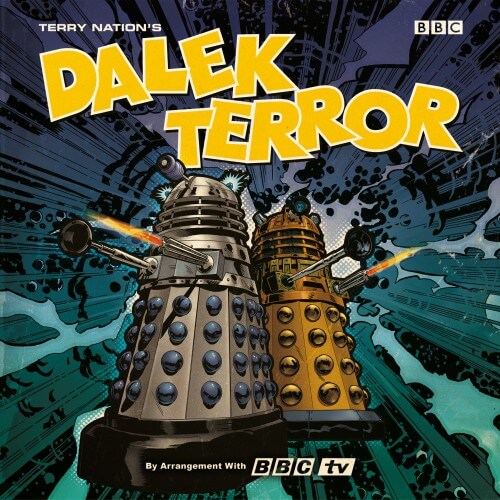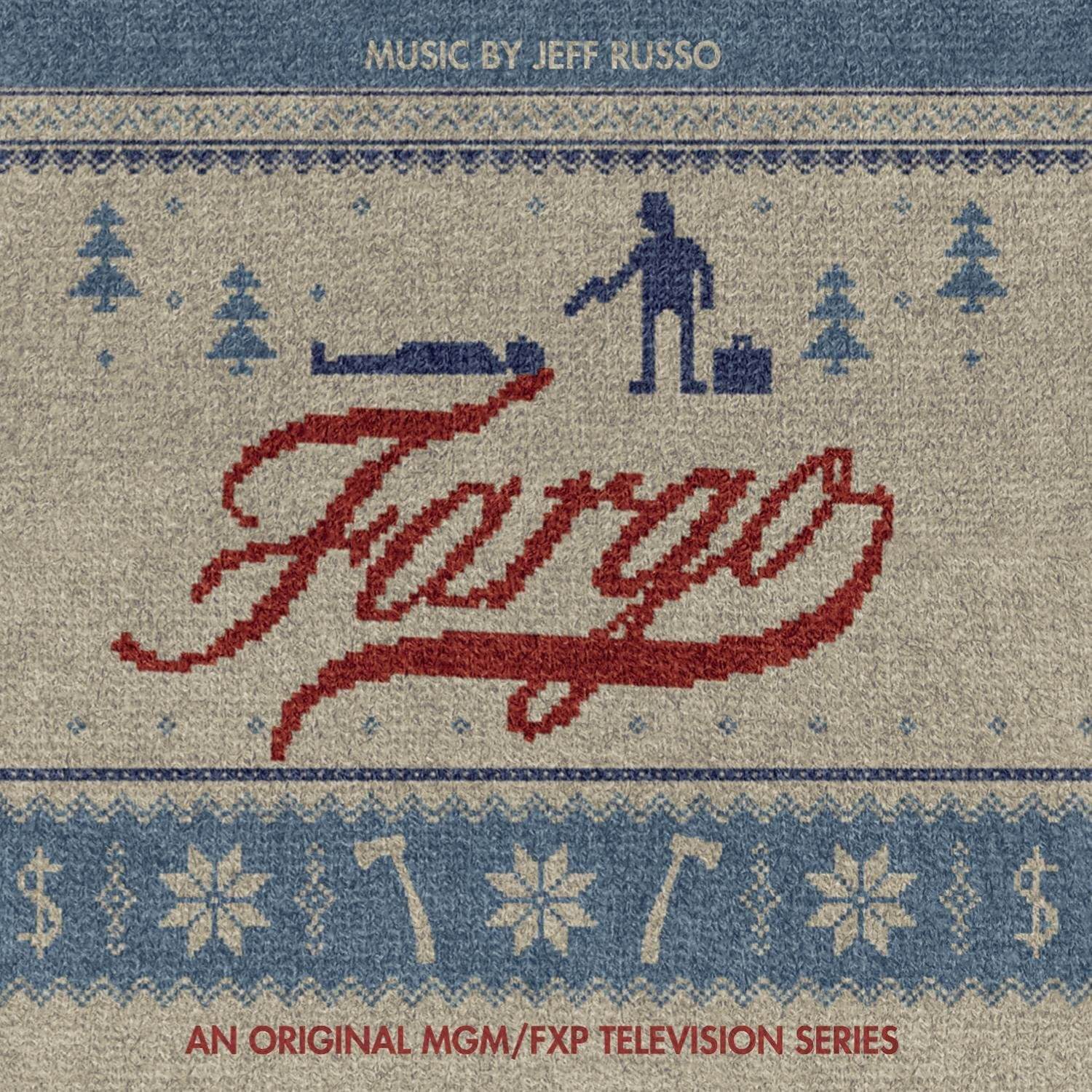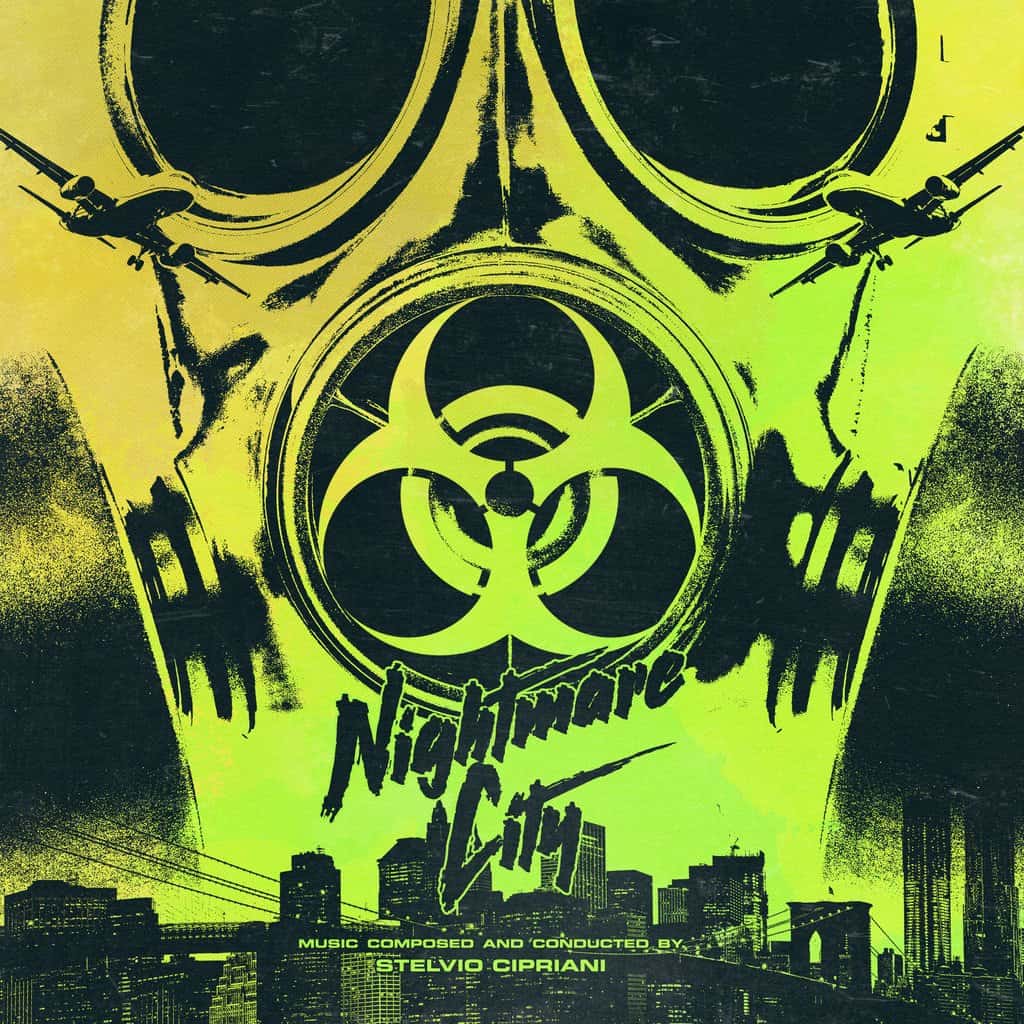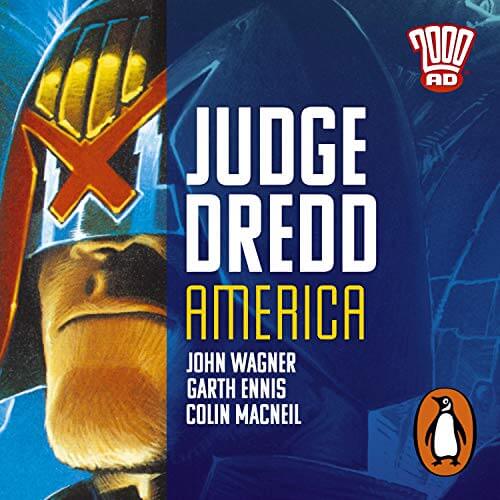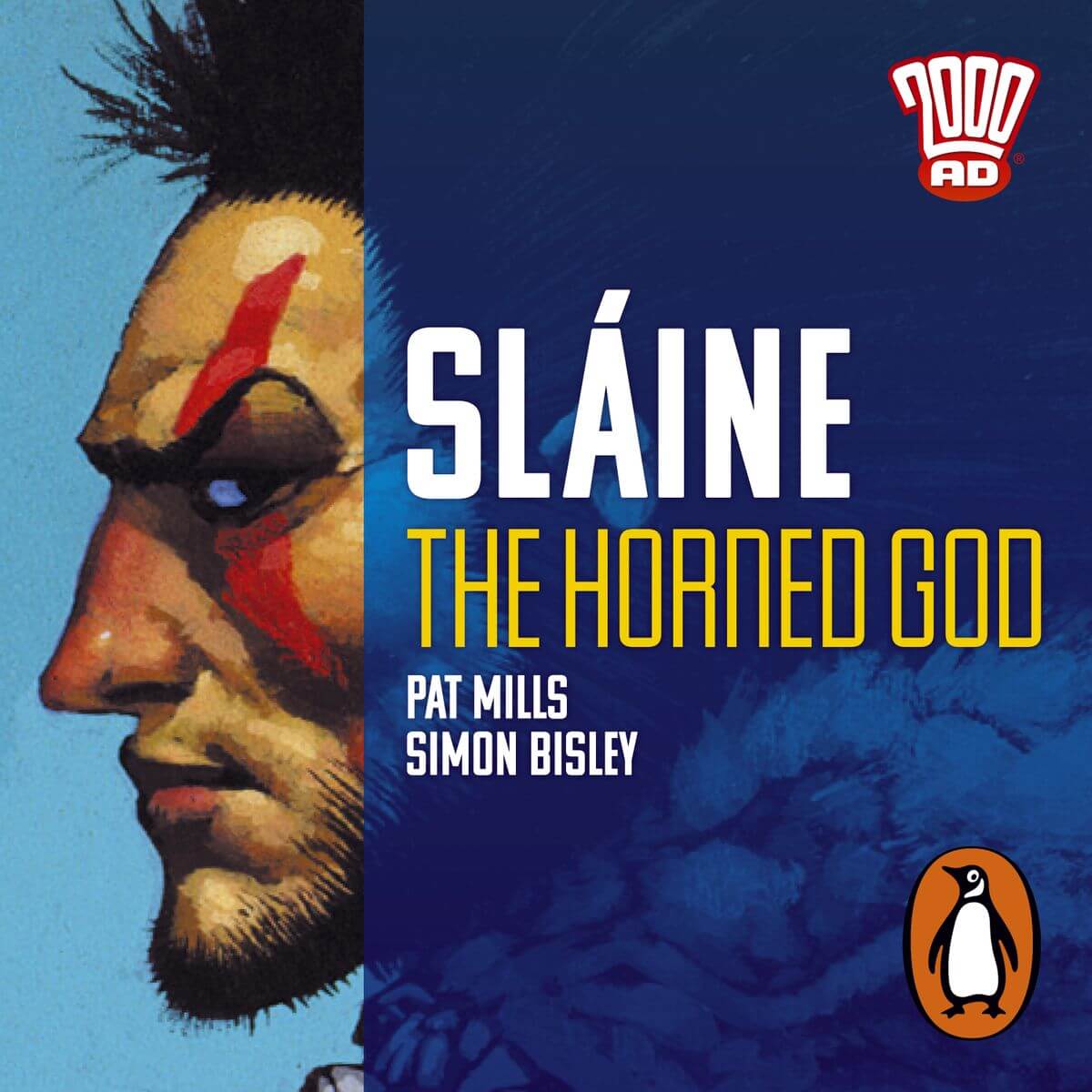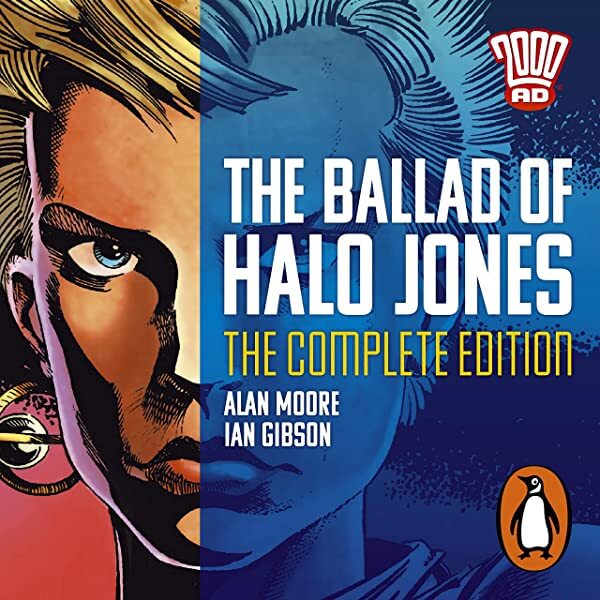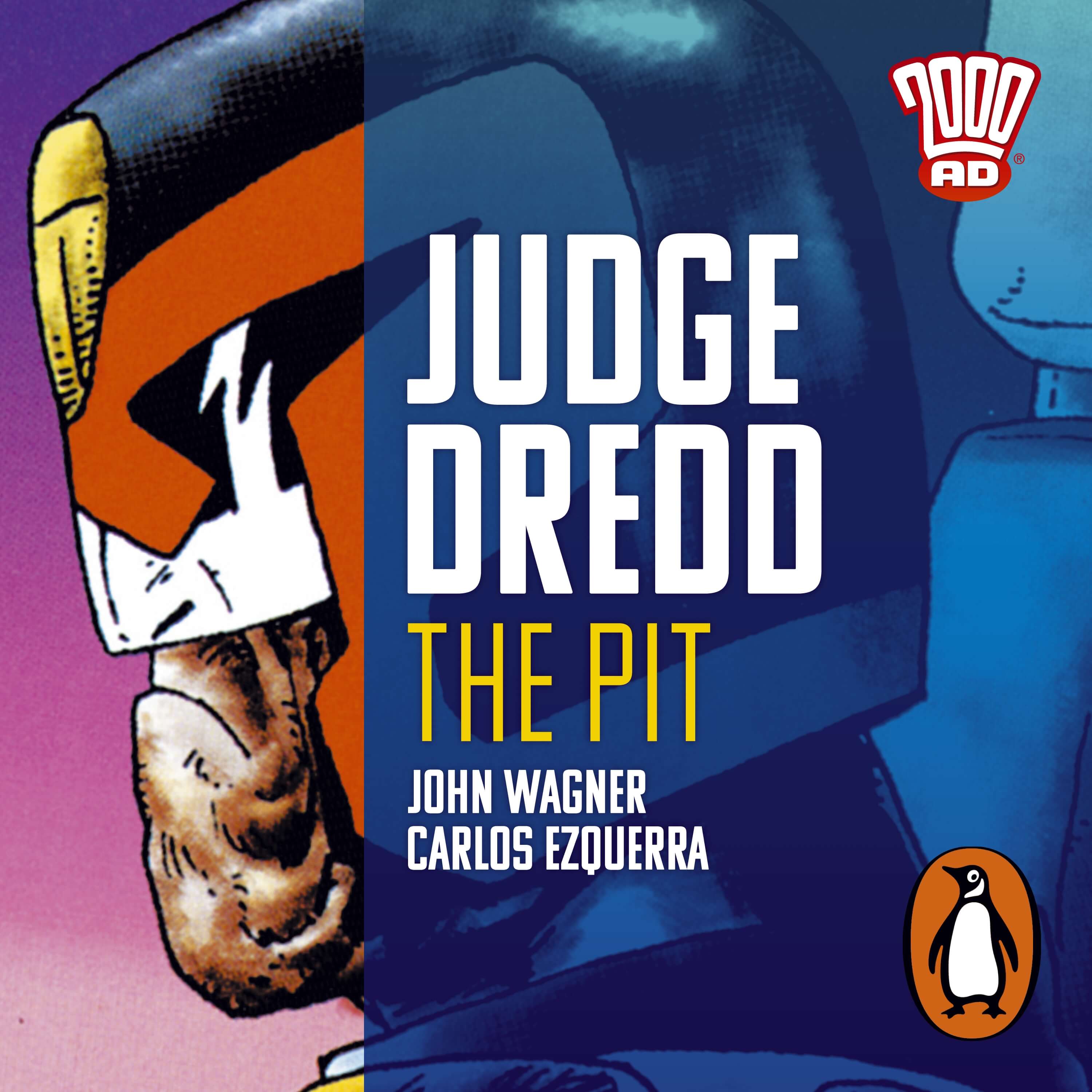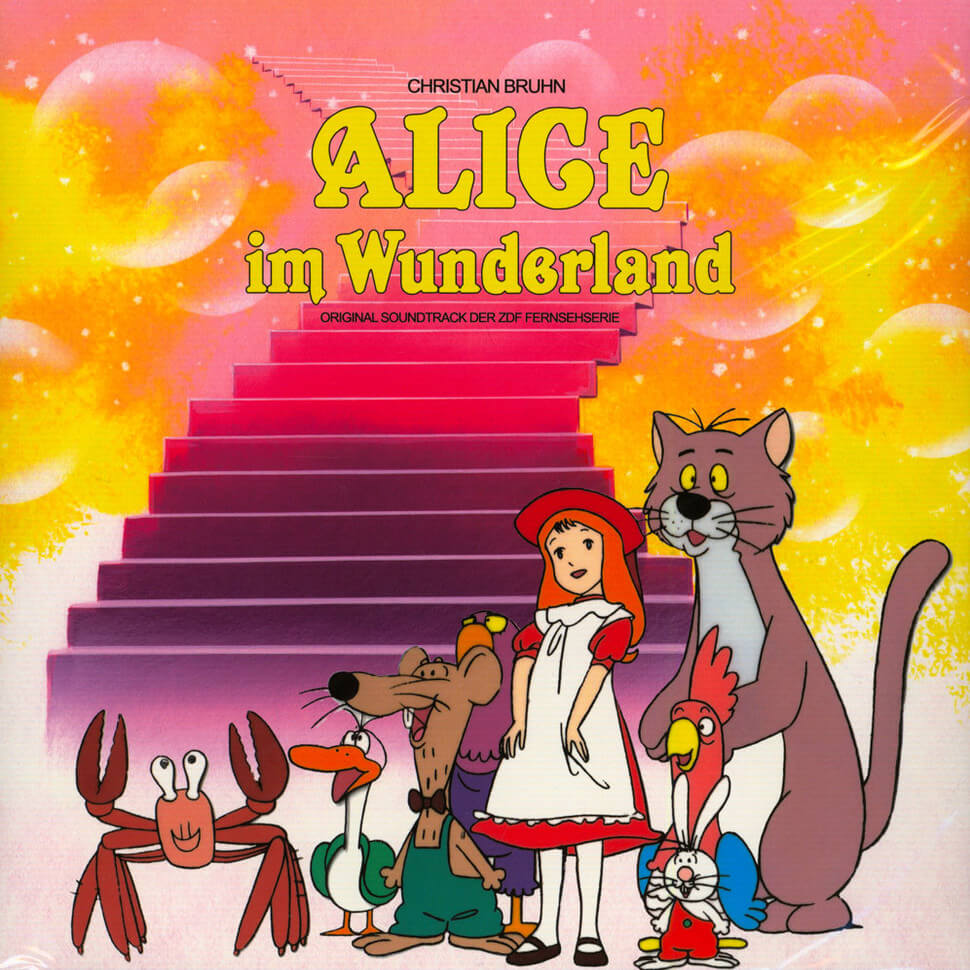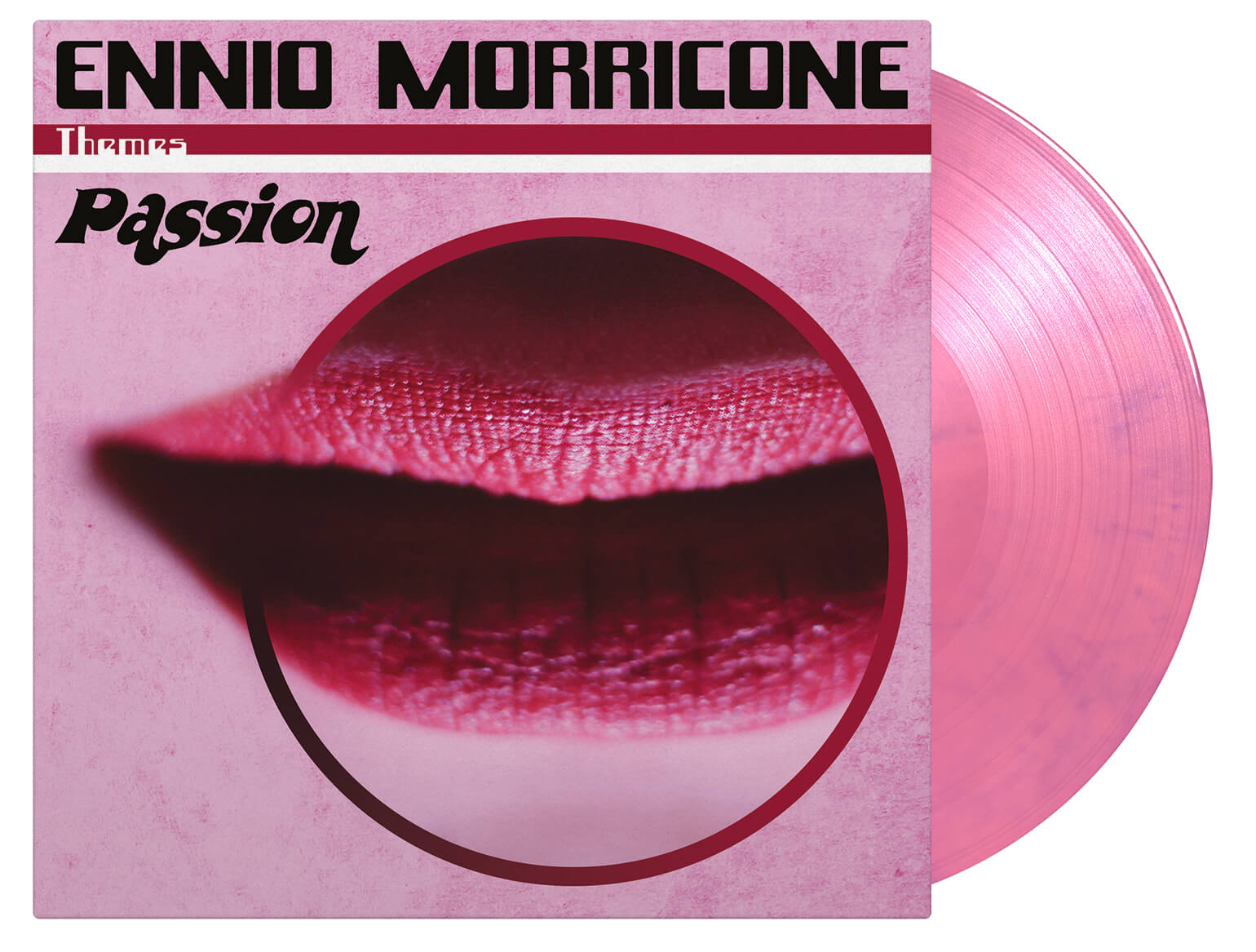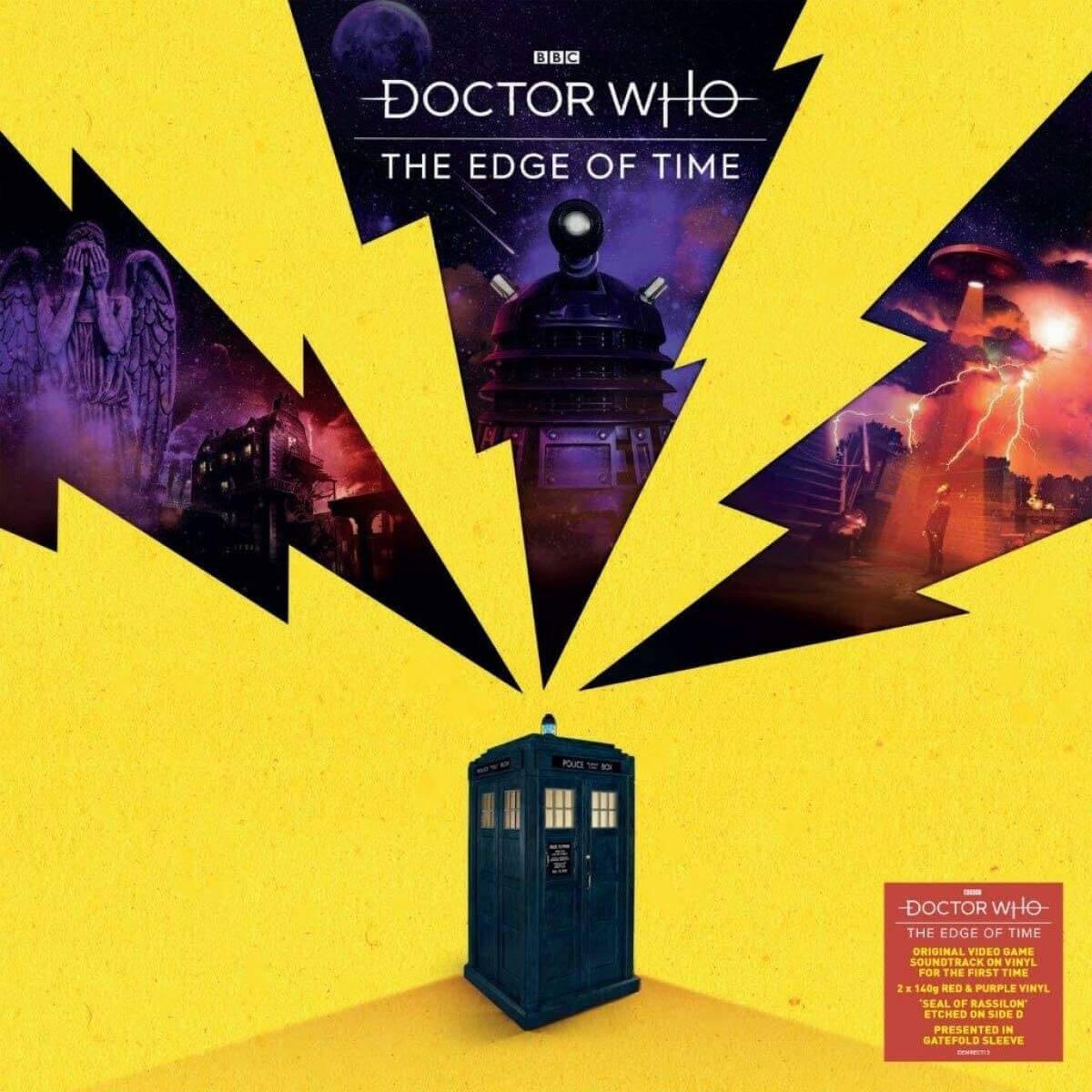Released in support of the first of this year’s Record Day celebrations, Dalek Terror is a gorgeously retro and hugely collectible two-disc set from Demon Music Group. Two beautifully presented vinyl records gather together several stories and features from the classic World Distributors’ Dalek Annuals issued during what might be called the ‘second wave of Dalekmania’ in the 1970s narrated by – inevitably – Dalek voice actor Nicholas Briggs and several other alumni from the world of the TV show itself.
The stories themselves – culled from previously released CD collections – are the wonderfully creaky and hokey space opera stuff that Dalek creator Terry Nation excelled in, shamelessly unsubtle and naïve adventure stories in which square-jawed heroes wage a war against the relentless advance of the mighty Dalek empire. ‘Terror Task Force’, read by Briggs, sees the establishing of the ADF – Anti-Dalek Force – a military fighting elite set up to lead the charge against the Daleks. In this first story, they launch a surprise attack on the Dalek homeworld of Skaro. Later stories include all hallmarks familiar from any number of Nation TV scripts – races against time, escapes and captures, bomb countdowns. It’s all wonderfully simplistic and one-note but great fun, largely thanks to straight-faced vocal performances from Briggs, classic series actors Louise Jameson and Matthew Waterhouse, and comic actor/impressionist (and Who superfan) Jon Culshaw. Waterhouse does a particularly good job bringing to life the rather chilling ’Nightmare’ from the 1976 Dalek Annual with its gruesome body horror storyline that echoes the likes of Invasion of the Bodysnatchers. Also included on the discs are several of the ‘supporting features’ from the Annuals, fruitily narrated and exploring the anatomy of the Daleks, the ‘genius’ of the Dalek race, and an amusing piece that compares Skaro timelines with Earth timelines and suggests that the Daleks have been interested in and influencing life on Earth far longer than we might have suspected.
The content is great fun but what really makes Dalek Terror a collector’s item is the gorgeous packaging. A lurid cover depicting two Daleks in full battle mode opens up into a gatefold illustration of the Dalek city on Skaro and the two albums themselves are sheathed in sleeves which again illustrate the Daleks in action and the credits and references for the stories themselves. The ultimate selling point is likely to be the two discs that are presented in glorious “extermination splatter” yellow and red vinyl and look both outlandishly hideous and absolutely beautiful at the same time. A terrific collectible still available online and well worth tracking down even if you’re likely to spend more time looking at it than listening to it.


